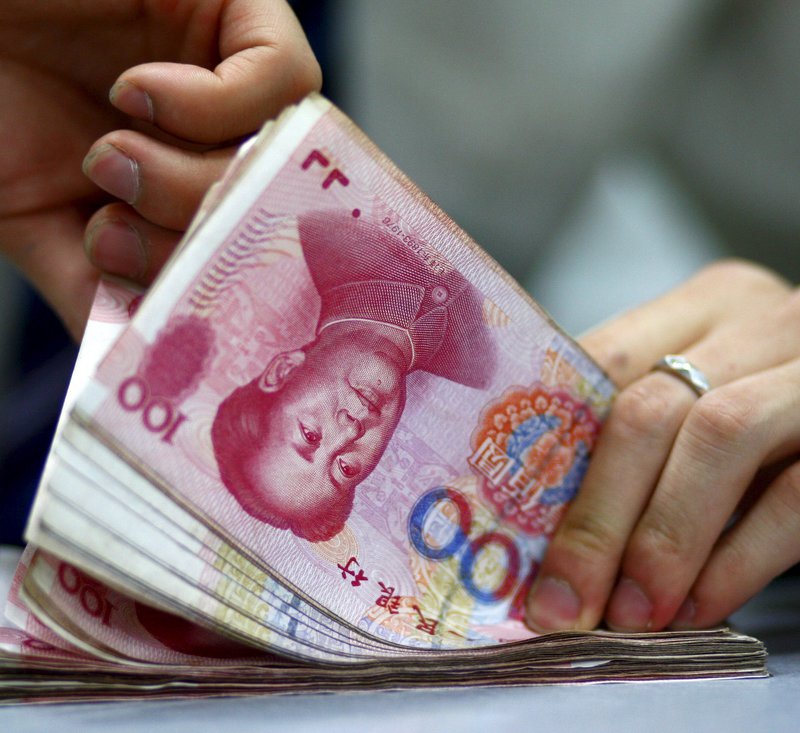RACE TO THE CORE
Confirmed: China is now, in real terms, the world’s single largest economy, having overtaken the US in 2013 and the EU in 2016 – and keeps growing at an annual 6-7% rate, while developed countries are usually content with 2-3%. Hundreds of millions of people who used to live in poverty are rapidly improving their lot. Yet, this is not just the usual rags-to-riches story – for it heralds a major shift in the world’s power balance.
Every market has a geographic core where the most productive industries concentrate to gain synergies. High productivity strengthens the core’s competitiveness and salaries, whereas periphery producers must exploit natural resources and/or compete on low-wage, low-productivity activities. Controlling the global core made 19th-century Britain and 20th-century America prosperous and powerful. Today, however, attracted by China’s massive scale and rapid growth, the core is moving east… thus turning everyone else into periphery. The rise of populisms reflects citizens’ growing discomfort with their economies’ peripheralisation. Yet, ironically, the measures they espouse (authoritarianism, isolationism, interventionism, spending profligacy and minority demonisation) constitute the perfect recipe to accelerate their economies’ decline.
For China’s greatest weakness is precisely its authoritarianism. Chinese entrepreneurs may become millionaires fast but then, if they fall on the wrong side of political power, lose their wealth and freedom overnight. They therefore prefer to invest abroad when possible, which creates massive capital outflows towards sluggish-but-safe Western economies. This has allowed US and EU financial authorities to keep interest rates unprecedentedly low (even negative in the Eurozone!) and so boost their economies without triggering inflation or devaluation. Indeed, the chief “product” Western economies offer (and Asian investors buy) is arguably a free, safe, meritocratic environment – the same, incidentally, that keeps highly liberalised economies (Switzerland, Sweden, US…) at the global innovation forefront despite their high salaries and taxation.
The West, however, is sick. High productivity and the welfare state used to make Western societies extraordinarily prosperous and stable but, as the core moves east, it puts them under stress – since welfare states are expensive and only high-productivity economies can sustain them. This defines two camps. Populists (e.g. Trump, Salvini, Maduro – left-wing populists being less successful in rich countries – propose authoritarian, anti-globalisation policies that please their voters but would most likely destroy what makes their economies successful in the long run – like fishermen selling their boats to pay for a holiday. Conversely, technocrats (e.g. Obama, Clinton, Macron) support globalisation and meritocracy, but working-class voters suspect they would readily sacrifice their welfare to such causes. Ultimately, populists defend privilege (e.g. citizens’ privileges over immigrants’) and require the state’s coercion to enforce it, whereas technocrats enthrone the market as the fundamental resource allocation engine and use income redistribution to ensure social peace: no wonder technocrats accuse populists of totalitarianism while populists hurl back charges of ultraliberalism.
Catalonia, Spain’s largest industrial and, in many aspects, most competitive region, stands in a difficult spot. Developed economies, as explained above, become peripheral unless they leverage their strengths, but for this they must stop subsidising inefficiency. Yet Spain’s governments often do the opposite to curry voters’ favour – and Catalans are an unpopular minority. Spain therefore imposes a disproportionate fiscal deficit on Catalonia, and spends billions in crowd-pleasing, uneconomic projects elsewhere while letting Catalonia’s overused infrastructure collapse. Hence, technology and R&D investments dwindle, productivity remains stagnant and so competitiveness must rely on cheap labour – plus the subsidy that negative Eurozone interest rates provide to keep the welfare state afloat. One does not need a crystal ball to realise this is not sustainable… So, watch this space: we may soon live in even more interesting times.
Original title: Race to the core: Catalonia and the global power struggle

